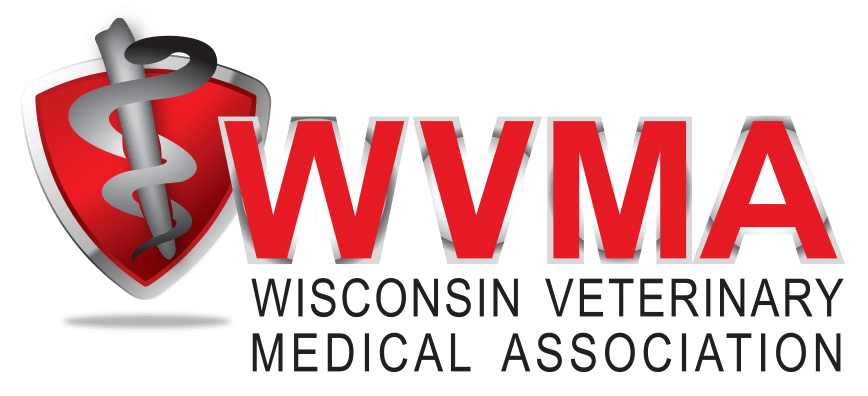Beyond the Wiggle Test: Updates to the Bull Breeding Soundness Evaluation
The breeding soundness exam has evolved significantly since the mid-1950s. Advancements in technology and discovery through evidence-based medicine have made this progress possible. But food-animal practitioners continue to face challenges, and the profession is forced to find ways to maintain their position in a changing industry. This session will cover the latest updates to the bull breeding soundness exam. An in-depth discussion of the morphologic assessment will provide a better understanding of the most diagnosed physical abnormalities and what those abnormalities are telling practitioners.
Speaker
Chance L. Armstrong DVM, MS, DACT
Dr. Chance Armstrong is a native of southeast Alabama and an Auburn University Alumni. He received his Bachelor’s, Master’s, and Doctor of Veterinary Medicine degrees from Auburn University. Upon graduating from veterinary school, Dr. Armstrong enjoyed mixed animal practice in Okeechobee, Florida. He returned to Auburn University to complete a residency in Theriogenology and became a diplomate of the American College of Theriogenologists in 2015. Following his residency, Dr. Armstrong joined the faculty in the Livestock Section at the Veterinary Teaching Hospital at Louisiana State University. He left LSU to practice as an associate veterinarian in a large animal-exclusive veterinary hospital in Elgin, Texas and returned to Auburn University in 2022 as a clinical associate professor in the Farm Animal Theriogenology Section. He provides veterinary care for all livestock species and reproductive management of horses.
Dr. Armstrong enjoys all aspects of bovine practice and has a special interest in lameness, surgery, and fertility evaluation. He co-authored the 2nd edition of the Bull Breeding Soundness Manual and has shared his passion for evaluating bull fertility at numerous national and international meetings. He’s an active member of the Louisiana State Animal Response Team, providing disaster relief during hurricanes Harvey (2016), Michael (2018), Laura (2020), and Ida (2021). And his research interests include understanding infectious causes of infertility, optimizing fertility evaluation, and refining urogenital surgery techniques.
Sponsored by






